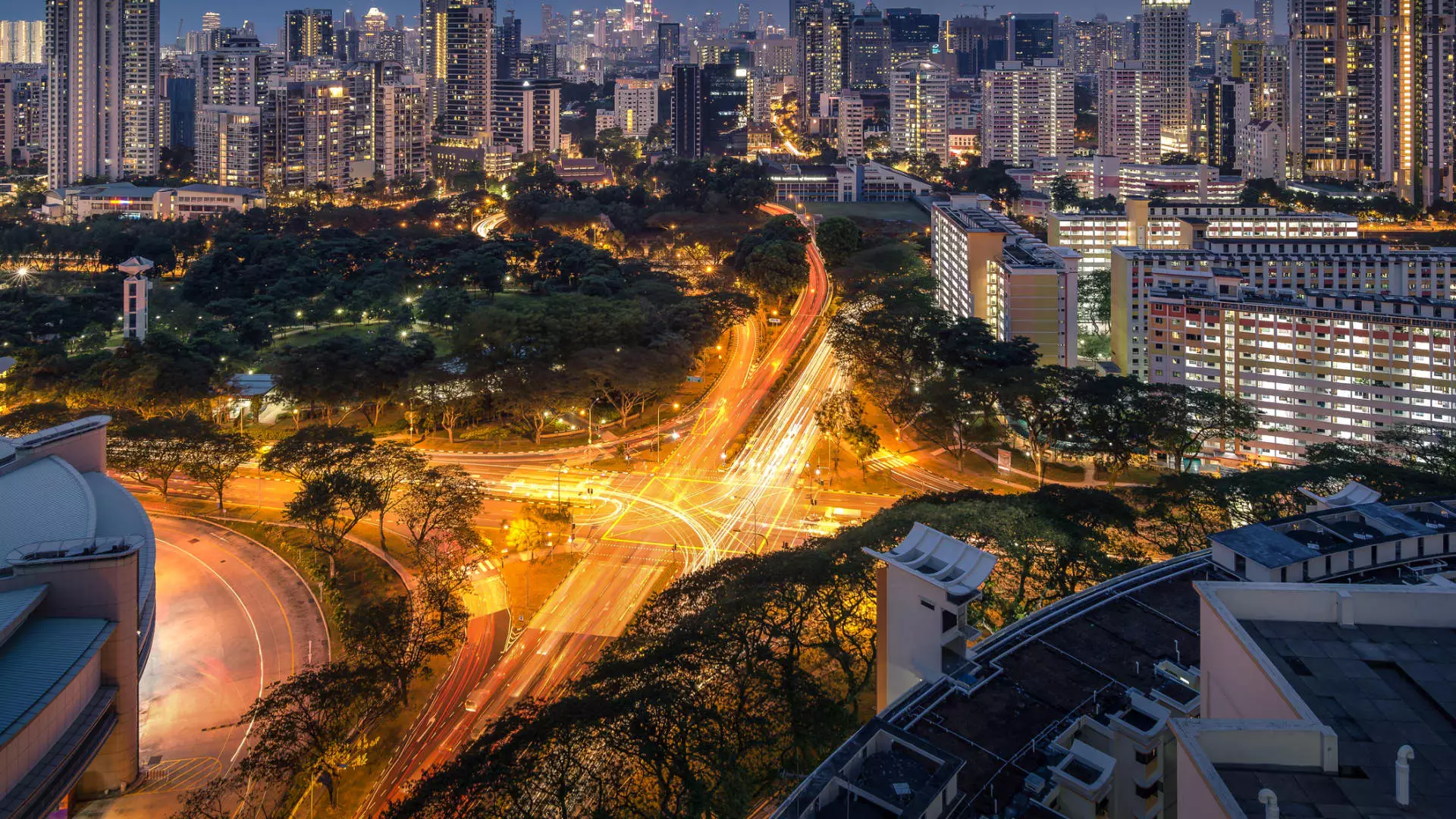In an unexpected turn, Singapore’s private housing market experienced a notable decline in home prices for the first time in five quarters. This reversal of fortune, signaled by preliminary data from the Urban Redevelopment Authority (URA), revealed a 1.1% drop in the private home price index during the third quarter compared to the previous quarter. The latest figures illustrate a clear pivot from the growth trajectory seen earlier in the year, marking a pause in the upward momentum that has characterized the market since mid-2023.
Interestingly, while the year’s earlier quarters saw a modest increase of 1.1%, this number pales in comparison to the robust 3.9% growth experienced in the same period of the prior year. The dip suggests a market adjusting to higher interest rates and shifting buyer sentiments amidst changing economic dynamics.
Declining Sales Volumes: A Market Response
Further complicating the landscape, sales transaction volumes fell by approximately 11% in the third quarter, compounding an 8.1% year-over-year decrease in sales transactions within the first three quarters of 2024. Such figures prompt a critical examination of the underlying causes. Analysts speculate that potential buyers may be hesitating, particularly in light of the uncertainties surrounding global interest rate changes and geopolitical tensions.
The anticipation regarding the U.S. Federal Reserve’s interest rate policy likely played a crucial role in the slowdown. The expectation that rates would dip in September seemed to encourage buyers to wait, and this cautious approach underscores a broader trend of hesitance seen in the market.
Adding another layer of complexity, Singapore’s mortgage rates are predicted to remain elevated when juxtaposed against the historically low levels of the past decade. This situation places a considerable strain on potential homeowners, presenting a barrier to entry for many. The URA’s advisory urging households to exercise prudence reinforces the notion that buyers need to remain vigilant amidst a fluctuating financial landscape.
Although the Fed’s rate cuts could suggest relief for borrowers, Singapore’s context follows a different economic trajectory. Consequently, the urgency for consumers to carefully evaluate their financial capabilities before committing to property purchases is more critical than ever.
In stark contrast to the private sector, resale prices of Housing and Development Board (HDB) flats saw an increase of 2.5% in the third quarter, alongside a commendable 20% rise in resale volumes quarter-on-quarter. This divergence in the property landscape reflects government interventions aimed at stabilizing the public housing market and fostering accessibility.
Authorities have emerged with proactive measures to cool the public housing sector, signifying an ongoing commitment to promote a balanced property market. With future property statistics set to be released on October 25, stakeholders will closely monitor these developments and the government’s responsive strategies in light of shifting market conditions.
As Singapore’s property market navigates these turbulent waters, key indicators highlight essential trends that are reshaping the landscape. The interplay between private home prices, sales volumes, and government policies will be critical in determining the trajectory of the market moving forward. Vigilance from prospective homeowners, combined with proactive regulatory measures, may prove vital in ensuring a stable and sustainable property environment. The coming months will be instrumental in revealing whether these trends signify a temporary adjustment or a more profound shift in the market dynamics at play.

